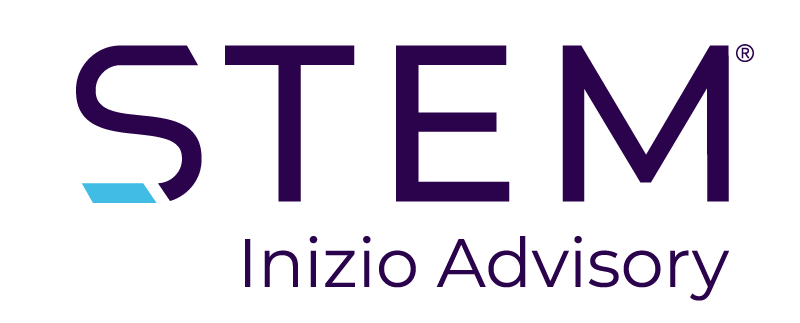Elevating & optimizing customer engagement
Authored by: Adam Boucher and Nick Syndercombe
The landscape within which pharmaceutical companies must operate has become significantly more complex and challenging to successfully navigate. One of the key pillars which is of paramount importance in determining long-term success, is the ability to create valuable engagements for healthcare professionals.
This article delves into the significance of customer engagement, explores the challenges that are commonly faced, and provides actionable strategies and best practices to optimise customer engagement.
The importance of customer engagement in Pharma
A plethora of reasons exist for why pharma companies should prioritise and continuously seek to optimise customer engagement, but for the sake of brevity, we will focus on just four within this article:
- Building trust & credibility: Establishing the trust of your customers is an essential element for any organisation or brand, and even more crucial in healthcare. Providing value for customers during every interaction or engagement they have with your brand, creates greater transparency which in turn enhances credibility and strengthens relationships.
- Market differentiation: As many pharma companies move towards more specialist therapies, with fewer treatment centres and specialist prescribers, the market can be extremely crowded with fierce competition for the time and attention of the few. Companies that invest in and truly prioritise customer engagement stand out from their competitors; leading to more meaningful interactions which in turn, can create greater levels of brand loyalty and differentiation.
- Patient & customer centricity: Gaining a greater understanding of both the needs of patients, how a disease or condition can impact their quality of life, their concerns, and their preferences as well as the needs of the healthcare professionals that provide this care, can be invaluable to help pharma companies develop more tailored solutions.
- Compliance & adherence to treatment: Delivering more effective engagement strategies can help promote better medication adherence and compliance with treatments offered by companies; ultimately leading to the potential for better health outcomes and even reduced healthcare costs.

Download the article.
Related reading.
Jump to a slide with the slide dots.
Charting your course: Navigate your launch journey with certainty
Expert strategies to navigate pre-launch challenges and ensure a successful life sciences product launch. Download the guide.
Read moreHow People-Powered Data & AI can safely drive strategic alignment
STEM CEO Dermot Kenny on how AI and people-powered insights are transforming pharma strategy, engagement, and patient impact.
Read more